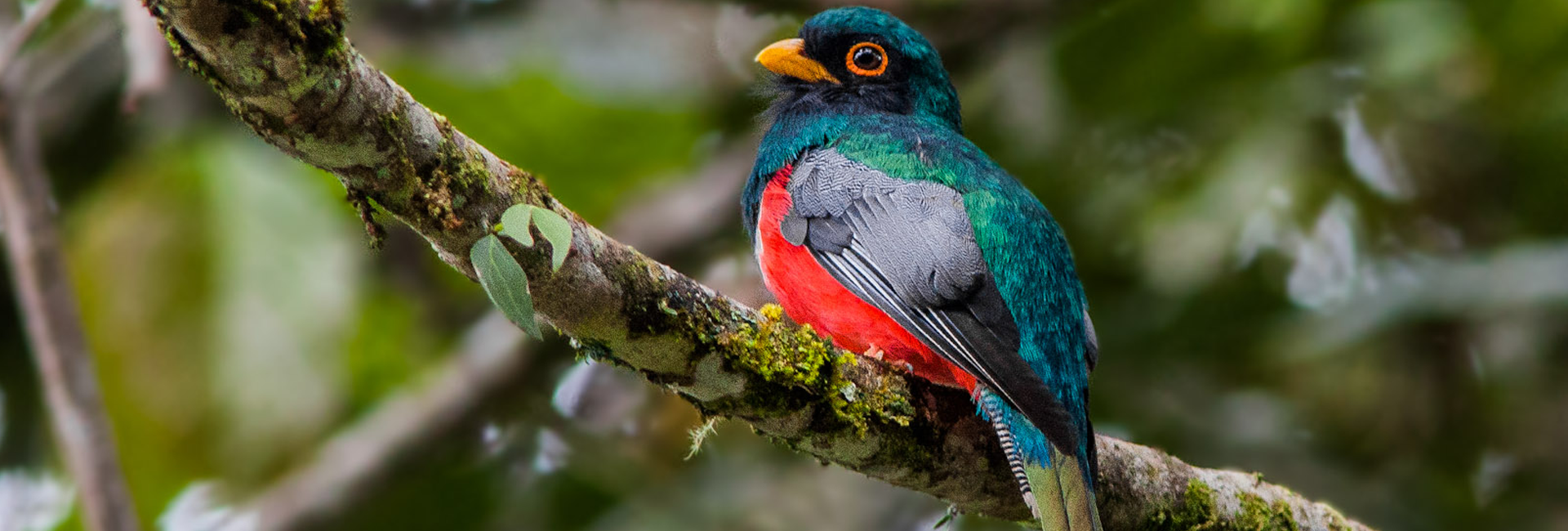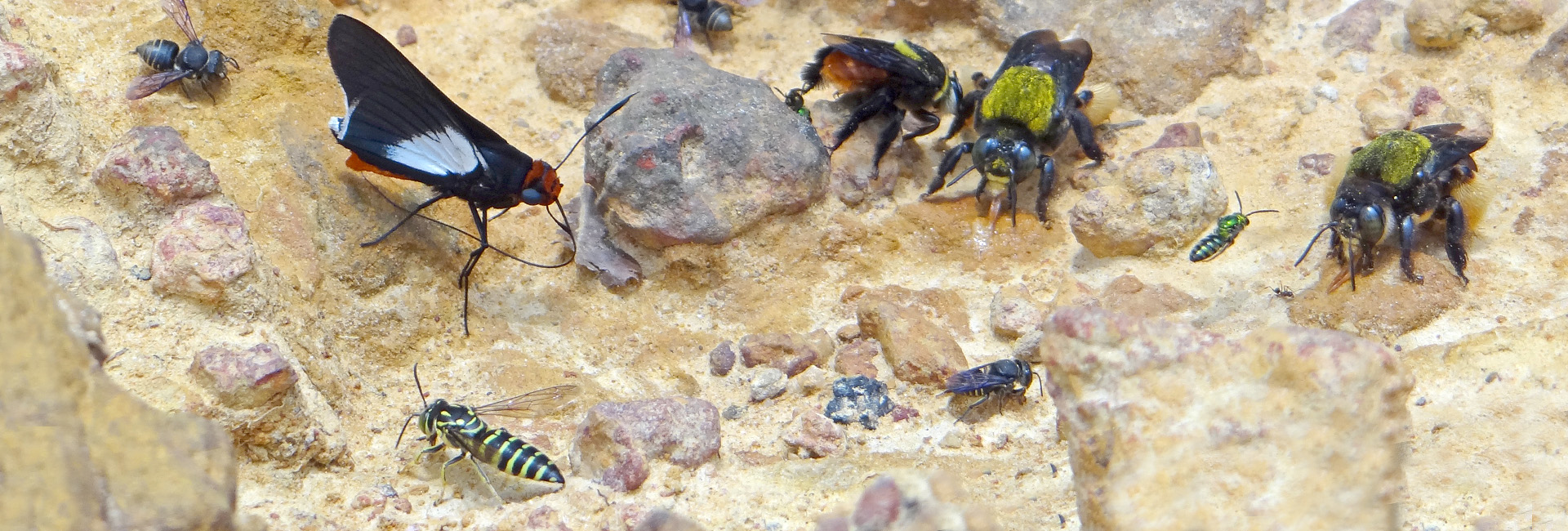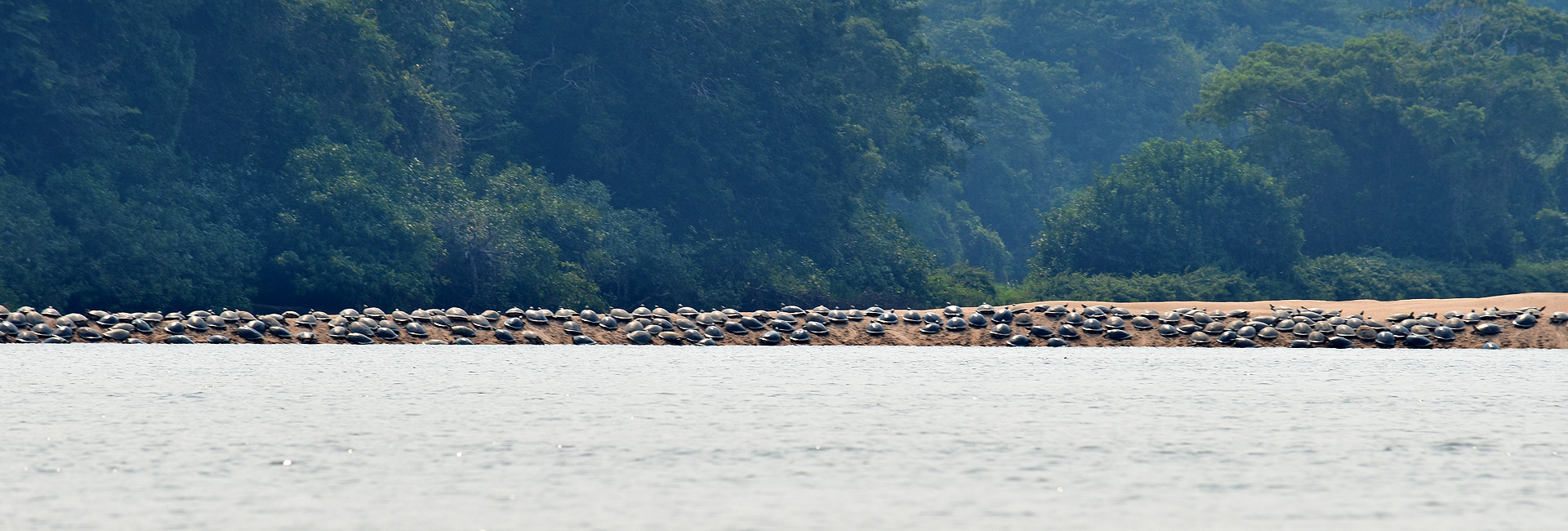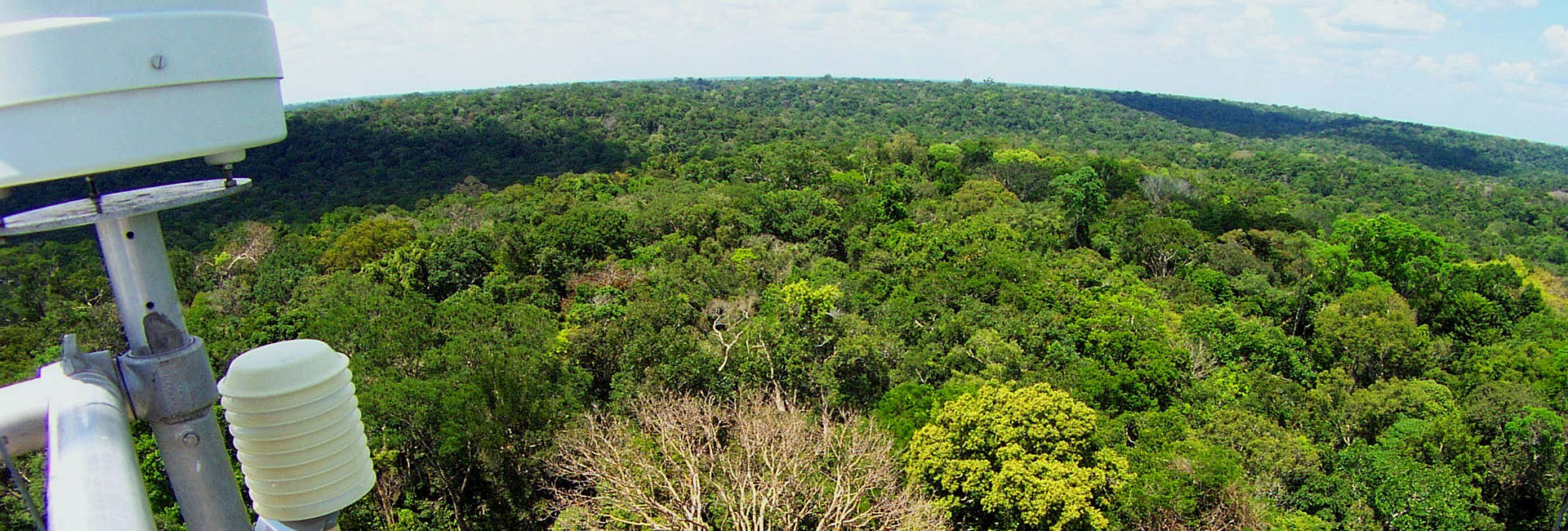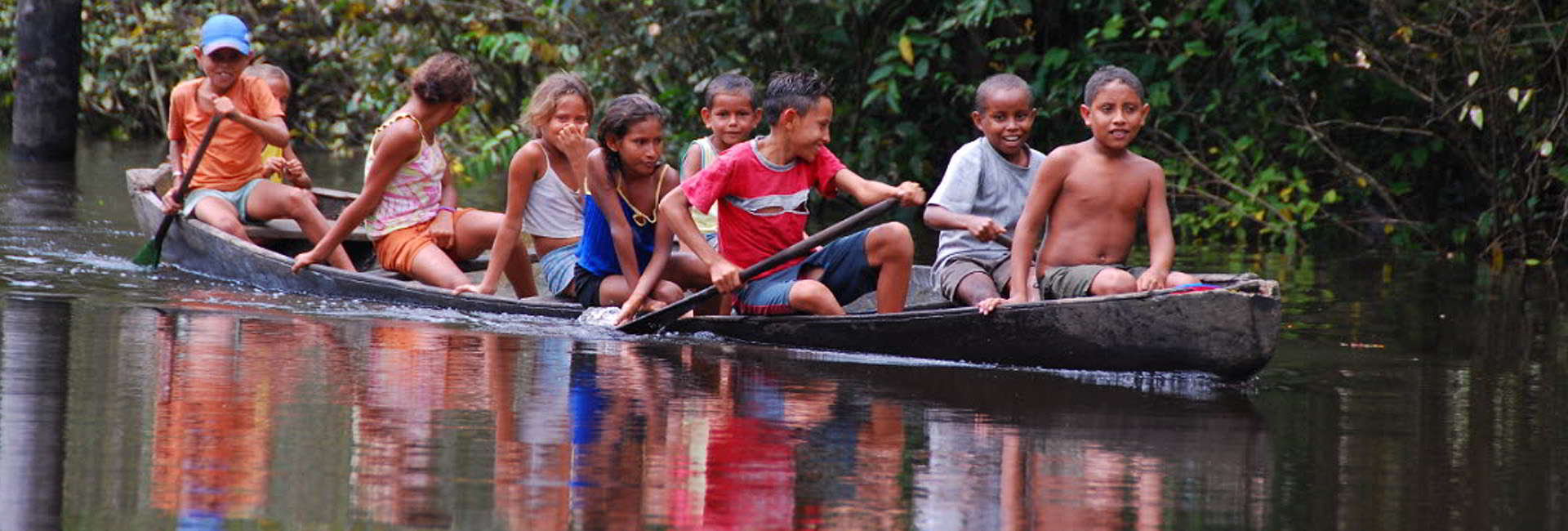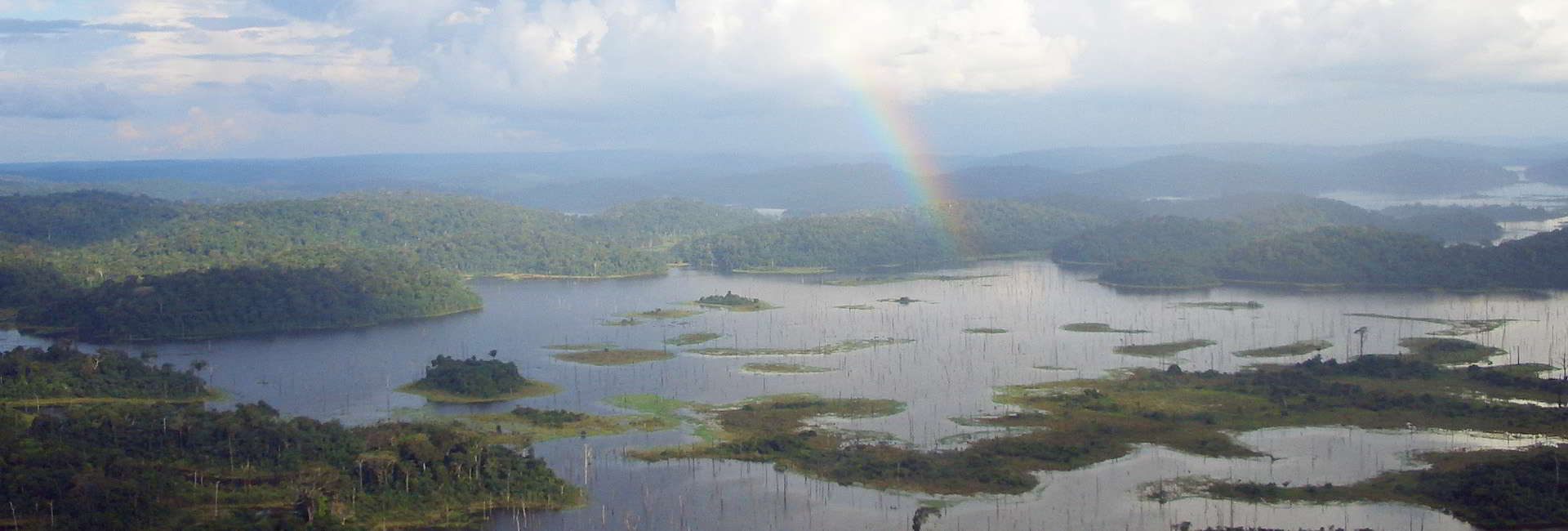Study on Amazon forest domestication wins thesis of the year

The doctoral thesis of Carolina Levis at INPA's graduate program in Ecology was chosen as best thesis of 2019 in the area of Biodiversity by Capes, the Brazilian National Council for Higher Education, for her research on the domestication process of the Amazon forest by pre-Columbian populations.
The awarded thesis is chosen from a pool of yearly submissions to the council by all Brazilian graduate programs in each of 49 research areas. Each program submits only one thesis selected as the best work among the theses defended that year.
Carolina defended her thesis "Domestication of Amazonian Forests" in 2018. Her doctoral studies were pursued under a co-tutelle agreement between INPA and Wageningen University & Research, in the Netherlands. The research project was supervised by Flávia Costa and Charles Clement at INPA, and Frans Bongers and Marielos Peña-Claros at Wageningen.
She performed an integrated analysis of two extensive Amazon-wide datasets, one containing information on more than 3000 archeological sites, and another one containing data on species composition and abundance of 1170 botanical survey plots. The analysis revealed that tree species that were domesticated in pre-Columbian times are five times more likely to be hyperdominant, and also that diversity and abundance of domesticated species tends to increase in forests on and around archeological sites.
The study revealed a new perspective on the ecological history of the Amazon, showing that the present-day forest is a result of long-term human handprint, and provides evidence for a sustainable development model of the Amazon region, that does not necessarily invlove the continuous increase of the human carbon footprint.
Articles on the thesis were published in Science and Frontiers in Ecology and Evolution, and another one is about to be published in Plant & Soil.
Carolina had already won the Nanocell Institute’s 2nd Award for Scientists and Entrepreneur of the Year in 2017, and was runner-up for the Young Scientist Prize of Brazil's National Research Council - CNPq in 2018, for her research on the pre-Columbian domestication of tree species in Amazonian forests.
Carolina defines her work as a "combination of different approaches from the natural and human sciences to understand the long process of domestication and management of Amazon forests by local populations". She seeks to "integrate different disciplines, as Ecology, Biogeography, Agronomy, Archeology and Anthropology, and to collaborate in international research networks, such as the Amazon Tree Diversity Network (ATDN) and the Amazonian Archaeological Sites Network (AmazonArch) to perform research on large scales and of wide social interest".
Currently, Carolina has a postdoctoral position at the graduate program in Ecology of the Federal University of Santa Catarina, in southern Brazil.
The image shows Carolina Levis, on the left, accompanied by her supervisors in Brazil, Flávia Costa and Charles Clement.



